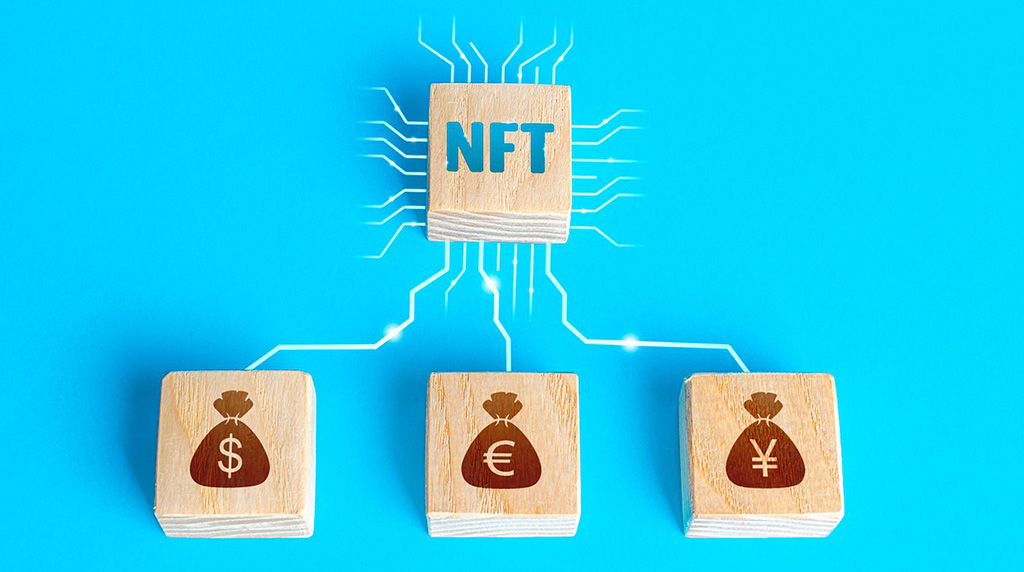Aleo is a promising new Privacy blockchain project that is garnering significant anticipation. With investments from notable entities like a16z and Samsung Ventures, the project holds great promise. However, many may question whether this new blockchain will bring anything truly innovative compared to established Privacy blockchains like ZCash and Dash.
Aleo is a Dapp blockchain
Privacy blockchains like Zcash and Dash are merely asset storage blockchains, and to some extent, they have been successful in supporting asset transfer security. However, they primarily support only their own native tokens, ZEC or DASH. Aleo has elevated the Privacy blockchain to a new level by supporting Privacy dApps. Smart Contracts can be deployed on Aleo, significantly expanding the practical applications of Privacy blockchain technology. If ZCash is considered the Privacy Bitcoin, Aleo is expected to become a Privacy Ethereum.

Smart contracts can offer to make Aleo a distinctive Privacy blockchain:
- Aleo can support the protection of multiple types of tokens, not just restricted to one token like ZCash.
- Smart contracts enable the creation of countless applications on Aleo, such as NFTs, DEXs, Lending, GameFi, etc.
- dApps help make Aleo more useful and more readily accepted than other privacy blockchains. According to the views of many, ZCash serves no purpose other than facilitating criminal activities. Aleo, however, is different; it will be an ecosystem comprising numerous applications that help protect the community’s legitimate privacy rights.
New technology brings superior processing power and security
While previous-generation privacy blockchains have frequently encountered security issues, Aleo emerges as a perfect upgrade solution. Advanced ZKP (Zero-Knowledge Proof) technology, which Aleo has invested years of research into, makes it safer, more efficient, and stronger than ever before.
Zero Knowledge Proof, the core of the project, is a type of cryptographic technique comprising cryptographic primitives. It allows participants in the system to generate a short mathematical proof, enabling transactions to occur without having to share any information about the transaction itself. This technique is used as the foundation for the Zexe (Zero Knowledge Execution) application – a support program that can create privacy-oriented templates for blockchain systems.
The primitives of ZKP (or ZK Primitives) will serve as the foundation for zero-knowledge applications. These applications are designed with security in mind from the outset and will support programming based on that principle. This helps create decentralized networks, DeFi applications, DAOs, and smart contracts that offer security and privacy for users.
The Leo Programming Language
Leo is a programming language created by the Aleo project, designed to help developers build private applications easily and intuitively. Just as Ethereum has Solidity, Aleo introduces Leo, empowering programmers to develop web3 applications that transcend all boundaries. Leo is quite easy to learn for most programmers. However, it is also as powerful as its competitor, Solidity.
In conclusion
Aleo is anticipated to emerge as a leading pioneer in the realm of privacy blockchains in the coming years. Let’s look forward to the launch of Aleo to uncover more about this crucial piece of the web3 world puzzle. With its advanced technologies, such as Zero-Knowledge Proofs and the Leo programming language, Aleo aims to redefine privacy and security in the digital age. As we stand on the brink of these exciting developments, the potential for Aleo to significantly impact the blockchain landscape is immense.



